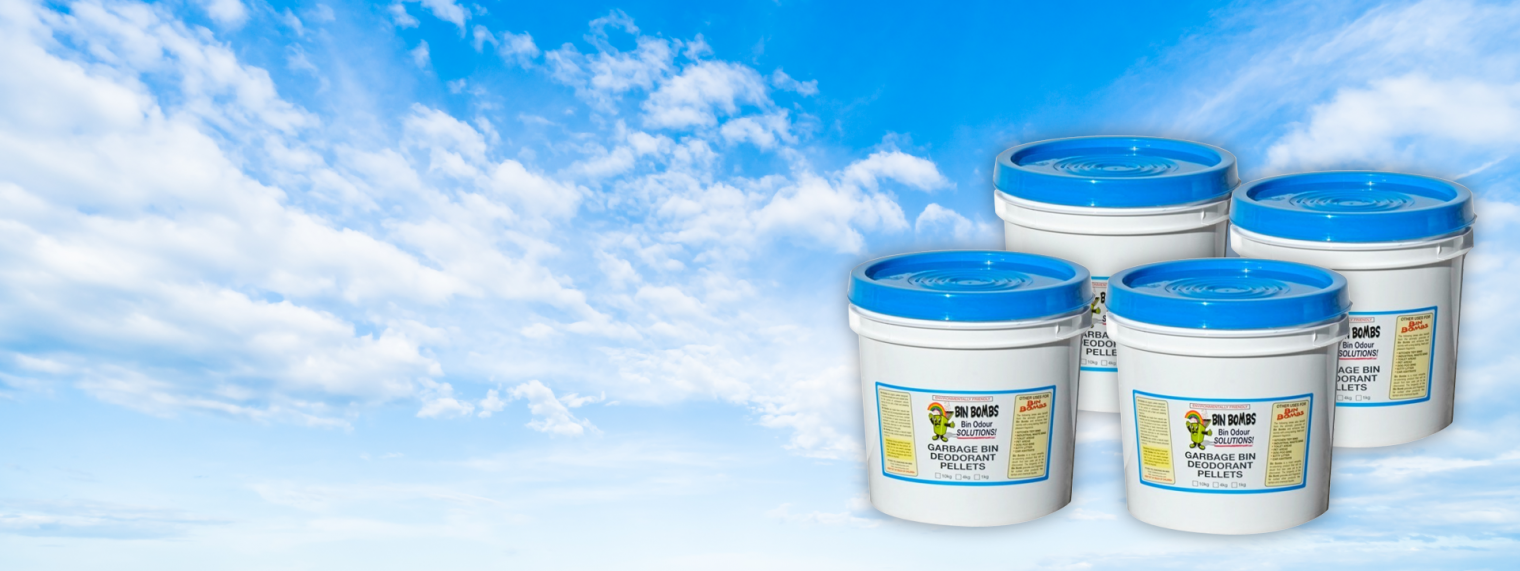Maintaining a fresh-smelling bin requires more than just tossing rubbish and waiting for collection day. Even households that take out the trash regularly can fall prey to a lingering odour if certain habits creep in. By understanding the most common pitfalls—ranging from improper liners to neglected cleaning routines—one can nip stench problems in the bud. This article explores ten frequent mistakes that exacerbate bin smells and offers practical fixes to keep waste containers smelling fresh.
1. Skipping Regular Cleaning
Bins accumulate microscopic grime, food residue and bacteria every time waste is discarded. When one neglects scrubbing or rinsing the bin interior, those residues build up and emit foul odours. A simple weekly scrub with hot water and a mild disinfectant prevents biofilm formation and keeps odour-causing microbes at bay.
2. Using Non-Breathable Bin Liners
Standard plastic liners trap moisture and air, creating an anaerobic environment ideal for bacterial growth. Over time, trapped liquids pool, accelerating anaerobic decay and the release of methane and sulfur compounds. Switching to breathable or perforated liners allows moisture to evaporate and reduces the chances of sour, sour-garlic smells.
3. Disposing of Wet Waste Without Lining
Wet kitchen scraps—like fruit peels, coffee grounds and vegetable trimmings—produce liquid leachate as they break down. When discarded directly, the bin base soaks up this leachate, turning into a sludge that festers between cleanings. Properly double-bagging wet waste or lining the bin base with newspaper traps moisture for easy removal.
4. Neglecting to Seal Food Scraps Properly
Open food scraps—especially meat, fish or dairy—emit strong, volatile compounds immediately upon exposure to warm air. Leaving these items in their original packaging or unsealed accelerates odour diffusion throughout the bin. Wrapping them tightly in newspaper or biodegradable food-waste bags before discarding contains smells until collection day.
5. Letting Liquids Pool at the Bottom
Whether from melted ice-cream containers or rainwater that enters outdoor bins, pooled liquids are a prime breeding ground for odour-causing bacteria. Overstuffed or top-heavy bins often prevent fluids from draining away when tipped, leaving them trapped. Emptying any collected liquids regularly and placing absorbent materials—like old towels or newspaper—at the bottom stops foul smells from taking hold.
6. Ignoring the Bin’s Location and Exposure to Heat
Positioning a waste bin in direct sunlight or near heat sources (e.g., kitchen ovens or outdoor grills) accelerates decomposition and odour release. Heat causes bacterial activity to spike, turning a mild whiff into an overwhelming stench. Storing bins in a cool, shaded area—ideally with good air circulation—slows decay and keeps smells subdued.
7. Overstuffing the Bin
When a bin is crammed to the brim, there’s minimal airflow between waste items. Reduced ventilation fosters anaerobic pockets where smelly gases build up quickly. Maintaining some empty space—at least 10–15 % of total volume—allows odorous air to escape slowly instead of concentrating in trapped pockets.
8. Failing to Separate Organic Waste
Mixing organic kitchen scraps with general rubbish not only complicates composting but also concentrates all odour sources in one place. Organic waste is responsible for the strongest bin smells. Separating compostables into a dedicated caddy—then emptying it frequently—dramatically reduces the organic load in the main bin.
9. Relying Solely on Scented Bags or Sprays
Artificial fragrances can mask odour temporarily, but they don’t address the root cause: bacterial growth and decaying matter. As scented bags lose potency or sprays evaporate, the underlying stench often emerges stronger by contrast. Instead of masking, combining deep-cleaning, proper lining, and active odour control products (like enzyme-based eliminators) yields a longer-lasting solution.
10. Delaying Bin Emptying on Collection Days
Procrastinating until evening or night can backfire, especially in warmer climates. The longer waste stays in the bin—especially food scraps—the more time microbes have to multiply and produce rancid gases. Adhering to a consistent emptying schedule, ideally first thing in the morning of collection day, keeps bin build-up—and odours—to a minimum.
Keep It Fresh: Try Bin Odour Eliminator
For households seeking an extra layer of defence, an enzyme-powered Bin Odour Eliminator can make all the difference. Unlike air fresheners that merely mask odours, this product breaks down organic residues at a molecular level, preventing fresh smells from taking root. By adding a capful with every cleaning cycle, one ensures a genuine, long-lasting freshness. Customers can conveniently purchase the Bin Odour Eliminator from https://binbombs.com.au/ and enjoy a bin that smells as fresh as the day it arrived.
Conclusion
A foul-smelling bin is rarely the result of a single oversight. It’s the cumulative effect of skipped cleanings, trapped moisture, heat exposure and poor waste separation. By identifying and remedying these ten common mistakes—from choosing the right liner to sticking to a solid emptying schedule—one can enjoy a bin that stays remarkably odour-free. Coupled with an effective odour eliminator, proper habits will ensure that taking out the trash feels less like a chore and more like a breath of fresh air.
Frequently Asked Questions (FAQ)
Q1: How often should bins be cleaned to prevent smells?
A: Ideally, bins should be cleaned once a week using hot water and disinfectant. High-traffic bins (like kitchen bins) may even benefit from a quick rinse every few days.
Q2: Is it better to use scented liners or breathable liners?
A: Breathable liners are a smarter choice. They allow moisture to escape, reducing bacterial growth. Scented liners only mask the smell temporarily but don’t prevent it.
Q3: What’s the best way to handle food waste to avoid bin odours?
A: Seal food scraps tightly in biodegradable bags or wrap them in newspaper before discarding. This reduces direct exposure to air and slows down decomposition.
Q4: Can bin odours attract pests?
A: Absolutely. Strong bin smells attract flies, ants, rodents, and other pests. Keeping the bin clean and using odour eliminators greatly reduces this risk.
Q5: How does a bin odour eliminator work?
A: Products like Bin Bombs’ Bin Odour Eliminator use enzymes to break down organic matter at the molecular level. Instead of masking the smell, they remove the source of the odour completely.


